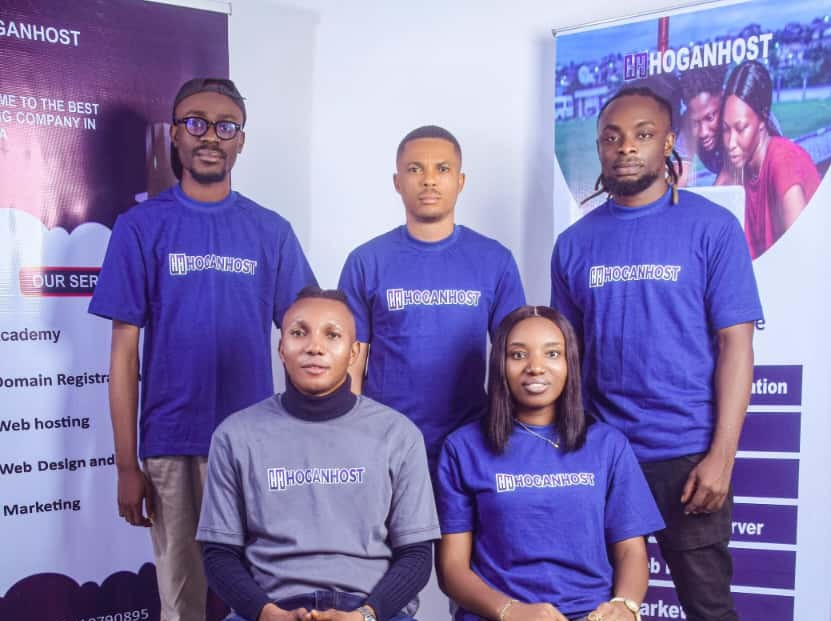The Internet Protocol Version Six (IPv6) Task Force in Africa has stressed the importance of all Africans benefiting from the global digital revolution.
According to them, achieving this feat requires concerted efforts towards migration from IPv4 to IPv6.
The task force, which convened the Africa IPv6-Cybersecurity Secure Tech Summit 2025 virtually, brought together a constellation of the world’s foremost technology experts, policymakers and industry leaders to chart an actionable course for Africa’s digital sovereignty.
Under the theme: ‘Empowering Africa’s Digital Future with IPv6, AI, Cybersecurity, Quantum Computing and Next-Generation Infrastructure’, the summit served as a powerful catalyst for change, translating vision into a concrete manifesto for action.
Checks by The Guardian showed that IPv6 is the latest version of the Internet Protocol, a communication protocol that provides an identification and location system for computers on networks and routes traffic across the Internet. It was developed to replace IPv4, primarily because of the exhaustion of available IPv4 addresses.
IPv6 uses a 128-bit address scheme, allowing for approximately 3.4 \times 10^{38} unique addresses.
This vast number effectively eliminates the concern of address depletion for the foreseeable future, a major problem with IPv4’s 32-bit address space.
Indeed, at the maiden event, which was hailed as a critical turning point, and needed to address the urgent need for Africa to transition to IPv6—a foundational protocol essential for securing the continent’s digital borders, enabling future innovation, and driving economic competitiveness.
The pinnacle of the summit was the unanimous adoption of the “Manifesto for Africa’s Digital Renaissance.” The document moved beyond declaration to a pledge of action, outlining non-negotiable commitments to Digital Sovereignty by Design: Asserting Africa’s control over its data and digital infrastructure; Mandatory IPv6 Adoption: Advocating for IPv6 as the default standard to mitigate security risks and enable growth and Inclusive and Sustainable Development: Ensuring the digital revolution benefits all Africans and aligns with environmental sustainability.
The manifesto issued a direct call to action for governments, the private sector, academia, and civil society to invest in research, foster international cooperation, enhance digital literacy, and implement robust cybersecurity measures.
President of the IPv6 Forum, Prof. Latif Ladid, stated: “This summit marks the moment Africa decided to architect its own digital destiny. The collective will, demonstrated here, is the first step towards true technological self-determination.”
Co-founder of the Africa IPv6 Cybersecurity Task Force, Chris Uwaje, added: “We have moved from talking to doing. The manifesto is our covenant with the continent—a promise to build a secure, sovereign, and prosperous digital future for generations to come.”
Conference Chairman, Dr Tayeb Ben Meriem, remarked: “The quality of dialogue and the concrete outcomes of this maiden summit have exceeded our highest expectations. This is just the beginning of a sustained, continent-wide effort.
“The Africa IPv6 Cybersecurity Task Force has announced its commitment to a yearly review of the manifesto’s progress, ensuring accountability and continuous momentum. The success of this inaugural summit establishes it as the premier platform for shaping Africa’s digital policy and technological future,” the body stated.






